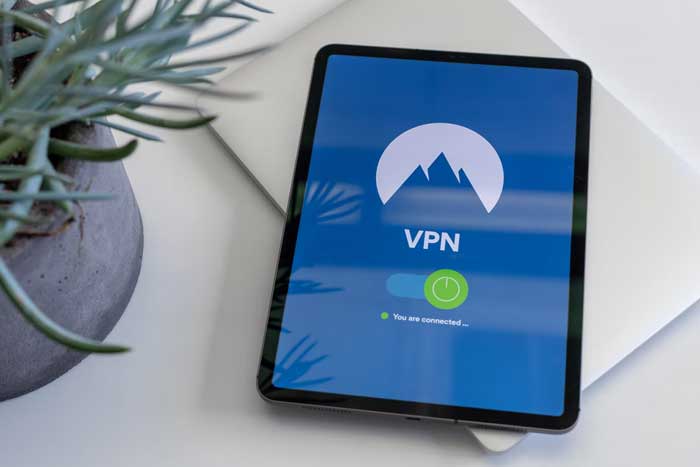There’s no denying that the internet is one of humankind’s greatest inventions. Unfortunately, there are numerous inherent dangers involved in using such fantastic technology. Whenever you’re online in some capacity, you face possible problems like phishing, email compromise, fraud, privacy issues, and malware. Fortunately, there is a way to help protect yourself from these dangers: use a virtual private network (VPN). VPNs are loaded with features, too, like obscuring your IP address and helping you access geo-blocked content (TV, music, streaming, etc.). Some browsers have built-in VPNs that are free, while others offer additional features for a small subscription fee. Whether you’re working or relaxing, a VPN can be beneficial for keeping you safe, private, and securely online. Here are five things VPNs can protect you from while you’re online.

@lagopett
Online Fraud
It seems like everyone wants to steal your data anymore. A significant selling point of VPNs is how well they protect you from online fraud scams. How so? By helping you maintain your privacy. Attackers and would-be scammers always want to compromise personal information. By not allowing your data to be accessed and trapped, you are effectively cutting off a source of potential data that hackers can steal. The robust encryption algorithms of a VPN prevent third-party attackers from being able to steal your personal account information or hack into your accounts. Unfortunately, if you’re already compromised (i.e., you have malware already on your system), a VPN won’t help. So think of a VPN as a tool that works with other cybersecurity measures, including being careful and avoiding phishing attempts online.
Malicious Websites
Malicious websites are everywhere. Sometimes, a seemingly innocent website might be dangerous. Under the facade of a legitimate website, harmful pages encourage users to input sensitive information or just drop a malware payload that auto-downloads when users hit the page. Ads and popups can very often contain malicious payloads or dangerous links. Blocking these malicious websites—and avoiding them entirely—is more accessible with a VPN that supports ad and web threat blocking. VPNs themselves don’t offer this ability, but some online protection suites do (you’ll want to be sure to look for one that does).
Snoopy ISPs
Some search engines like DuckDuckGo—a search engine that specifically goes out of its way not to track users—are exploding in popularity because they don’t spy on their users. Unfortunately, your ISP can see your online activities (and so can other websites that track you). Using a secure VPN proxy service, you can effectively hide your activity from your ISP. This results in fewer instances of excessive targeted ads, less tracking, and a smoother browsing experience.
Public WiFi Concerns
Using public, unsecured Wi-Fi is like visiting the Wild West. The best way a VPN protects you from malicious websites and web threats is by allowing you to access public, insecure networks privately. Believe it or not, this goes a long way toward reinforcing your privacy protection and preventing third-party hackers from accessing your data. A VPN keeps your data safe by encrypting it and routing it through a secure server as you work online. By taking full advantage of these encryption methods while on a public Wi-Fi connection, you can prevent third-party attackers from accessing your information. The last thing you want is an attacker or hacker stealing your passwords, messing with your data, or impersonating you to gain access to important websites. In addition to using a VPN on public wi-fi, be sure to protect yourself in other ways. Don’t stay permanently signed in to accounts, prevent other people in the area from watching you if you’re working, and do your best to avoid accessing sensitive data while on these networks. Doing your due diligence to stay safe while using various tools such as VPNs will go a long way to reinforcing your privacy online.
Blocked Content And Censorship
Another reason people use VPNs is to access blocked content in their particular region. Since a VPN routes traffic through servers in different parts of the world, it makes your IP address believe it’s in that area. That means watching content that wouldn’t usually be available on Netflix, Hulu, youtube, or other streaming services in your region is easy. Whether you’re traveling, going somewhere for work, or want to see an episode of a show that’s not commonly available in your region, a VPN can be a great help. The benefits don’t stop at streaming services or films. Other Geo blocked content such as music, sporting, and you can readily access news with a VPN service provider. VPN will provide a secure and private connection for accessing geo-blocked content that can bypass government censorship (which is increasingly essential for some areas), restrictions, and other issues. It will also help you stay safe while accessing geo-blocked content online.
